By Dr. Ghassan Karam
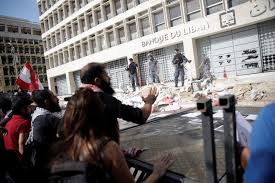
There is a tendency to deal with most problems as if they are self contained and accidental. All what we have to do to resolve the issue is make some adjustments to prevent the operator from committing the same error again. Such solutions appear to work out but they provide only a temporary fix. The only way to correct a significant failure in a meaningful and long lasting way is to recognize that the problem is not a result of individual failures but is an inevitable outcome to a systemic flaw.
All our efforts, all over the globe, to deal with ecological sustainability for decades have been for naught simply because we have not dealt with it as a systemic failure. It is our infatuation with economic growth plus our refusal to place limits on our fecundity that are the vital reason we have climate change, polluted air , dirty streams and poverty to name just a few of the challenges that we have not been able to meet.
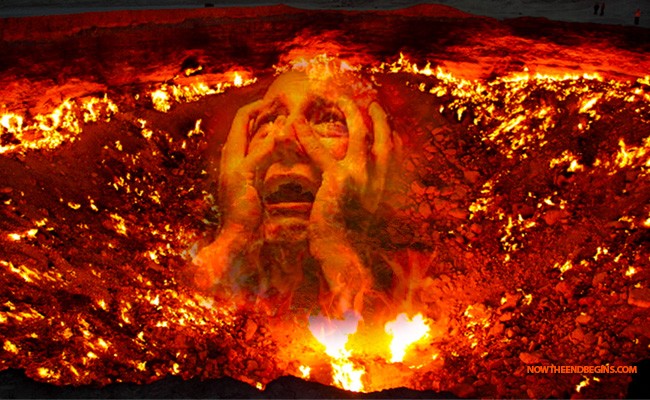
The same logic applies to the huge political, economic and financial failure facing Lebanon. Unless we recognize that sovereign debt, foreign exchange, banking sector problems and corruption are interlinked then all attempts to resolve a microproblem without addressing the macro counterpart is doomed to fail. All the above problems are to be viewed as failures of the system of governance that we have chosen. If we are truly interested in finding a meaningful and lasting solution to our crisis we must accept that the failure is systemic and requires a new architecture, one that is not sectarian, does not require a fixed peg, applies laws blindly, respects the right of individuals to free expression and is meritorious.
Lebanese media, politicians and private citizens are presently preoccupied with the potential resolution of the banking crisis. The concern is obviously legitimate since it involves whether depositors are going to get their over $150 billion back and if so in what form. Bank runs have taken place in all countries over the past few hundred years. Bank runs, however, are usually an individual failure of an individual bank whose management has undertaken wrong investment decisions. These losses could drive a bank into illiquidity or even bankruptcy. In such a case depositors will lick their wounds if the bank in question is not a member of an institution that guarantees accounts up to a certain limit. We must not lose sight of the fact that a deposit at a bank is essentially a loan to the bank and depositors, just like any other investor, have to be held responsible for their investment decisions. But in Lebanon the matter is quite different. There is no bank run on a particular bank. What we have is a bankrupt banking system where the owners of these banks must be held responsible for the way that they have permitted their banks to perform. But why did all the banks make the same mistake? The answer is simple and straight forward. It is the policies and “Financial Engineering” promoted by their regulator, the central bank, that has forced them to dance while the music was playing. BDL was offering them premiums that are not easy to decline for buying its paper that eventually became worthless. Furthermore, the central bank provided these members with great subsidies to encourage them to keep on attracting deposits from naïve and even greedy clients who never stopped to ask how can a small bank in Beirut afford to pay 14% interest rate when the interest rates in the rest of the world was either negative or was close to zero. Any rational and objective person knows that slightly higher risk demands slightly higher interest rates and very large risks demand large interest rate premiums. But what is most important is that any bank manager should have known that when the central bank lends money at 2% but then accepts the money just lent as deposits at 20% that the central bank is conducting a questionable operation.
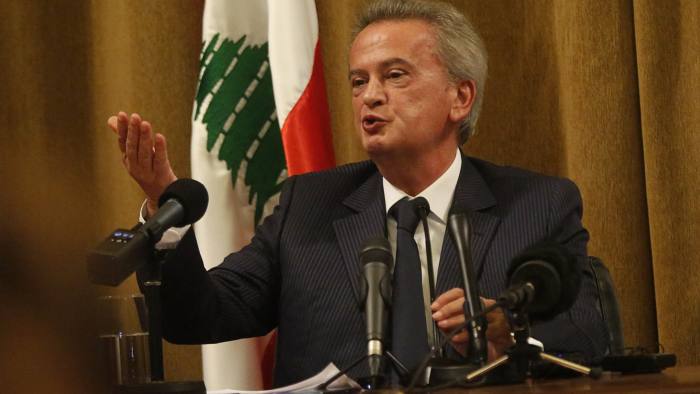

There are no legal grounds for bank depositors to demand their money if banks declare bankruptcy but does the Lebanese government want the banking system to do so? No, because then who would finance the corruption and the other legitimate official expenditures. If the government is to save the banking system then it must nationalize all banks that are undercapitalized , which might mean all banks and must also protect the banking depositors against any losses since their most important failure was to place their trust in the regulatory efficiency of the central bank that was allowed to run the largest Ponzi scheme in history, greater than that of Madoff.
Banking crisis in Lebanon was caused by a systemic failure and must be treated as such. BDL has to protect depositors and make sure that member banks are in compliance of international standards, the FX rate must not be fixed which will take away the temptation of voodoo financial engineering, policies that will discourage financial institutions from becoming Too Large to Fail must be adopted and the central bank should refrain from monetizing the sovereign debt and must resist issuing it in foreign currency denomination. But above all BDL management must be subject to term limits, audits, compliance with all laws and above all hired on basis of merit and reasonable wages, not religious affiliation.
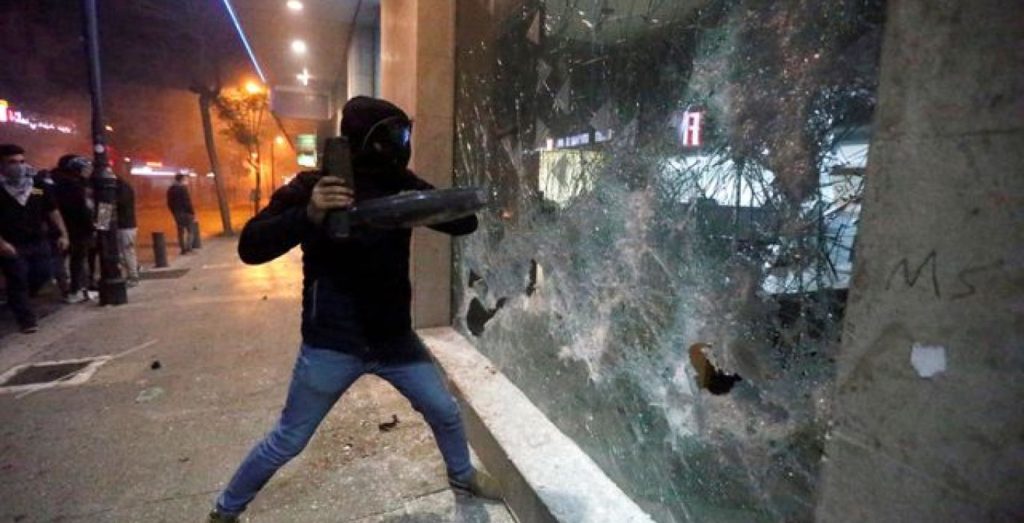
A social, political and economic system built on sectarianism, corruption, greed and an expensive and unsustainable fixed peg is a recipe for disaster. Lebanon needs a market floating exchange rate to keep its ambition to live beyond its means in check, a government that is honest, capable and efficient and citizens that vote their individual conscience and recognize that the state cannot deliver any services unless they in turn are willing to pay their fair taxes. This banking crisis will impoverish the majority of the Lebanese but yet it offers an opportunity to redesign the principles and values that underlie a fair and efficient system. If we fail that test then no effort will save us.
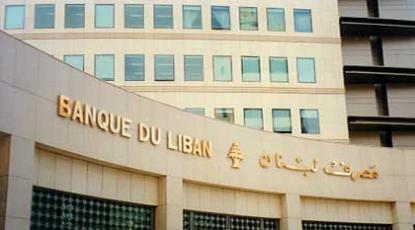

Leave a Reply
You must be logged in to post a comment.